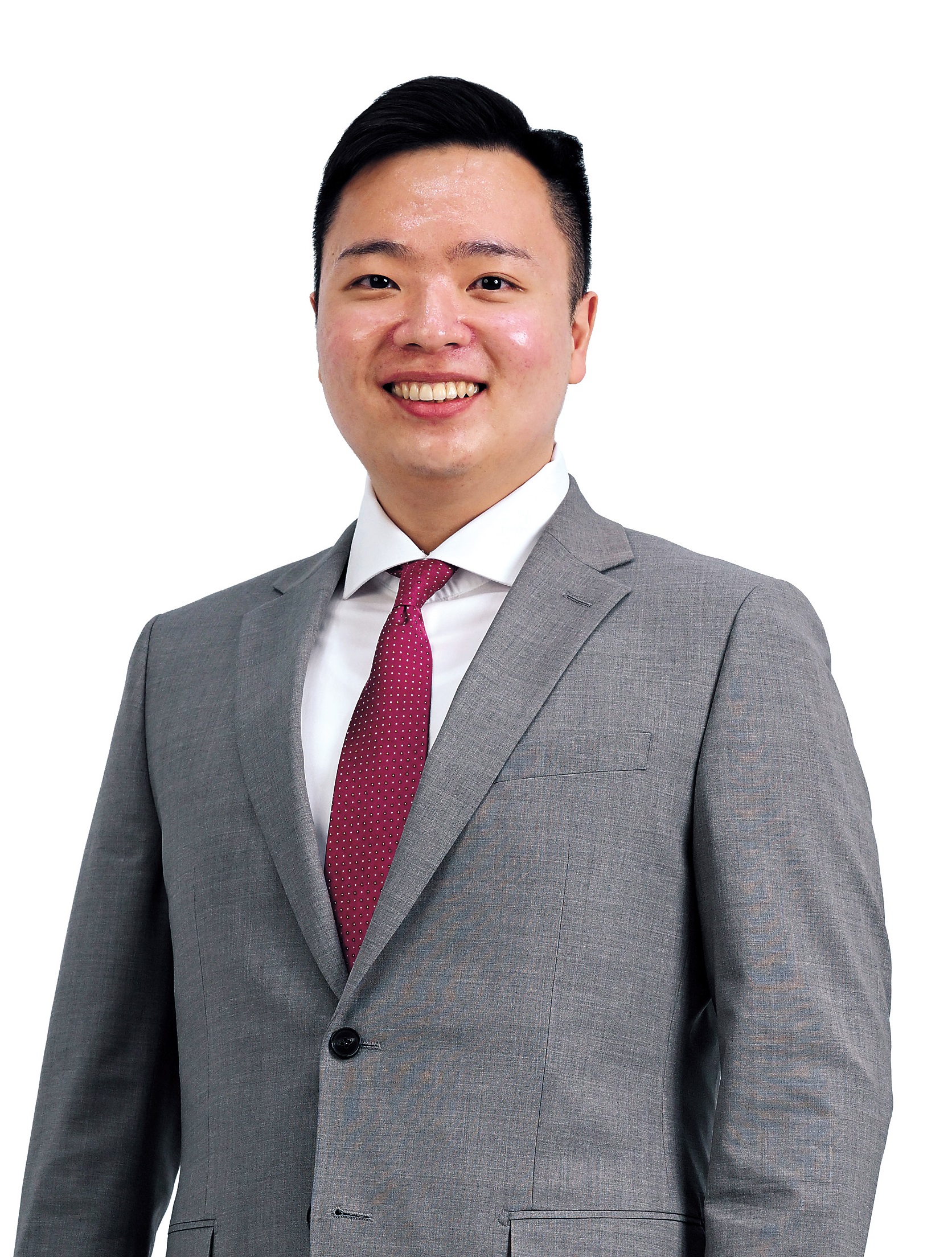Seoul Business Agency CEO says SNS marketing essential for SME
By Hwang Joo-youngPublished : April 18, 2024 - 16:05

Small business owners are now required to wear a second hat as an online content creator to increase engagement with young consumers, the head of Seoul Business Agency, a business support institution run by the Seoul Metropolitan Government, said at the Global Biz Forum held in Seoul, Wednesday.
The GBF, organized by The Korea Herald, is an association of experts from various fields such as business leaders, scholars, diplomats and celebrities, who come together to provide comprehensive views on industrial changes.
Kim Hyeon-woo, Seoul Business Agency CEO, shared his experience of organizing the Seoul Con event last year, which was aimed at promoting the city's small and medium-sized businesses.
"We boldly advocated for leveraging influencers from platforms like TikTok, YouTube and Instagram for promotional campaigns, due to their unparalleled reach among the youth," Kim said.
Some 3,161 influencers from 58 countries worldwide encountered products from local businesses and introduced them on their social media platforms
"Investing in marketing efforts through social media is to appeal not just to immediate customers but also to potential customers ten or twenty years down the line," Kim said.
He also highlighted the importance of the government's engagement in new media platforms to support small businesses lacking resources to carry out independent initiatives.

Following Kim’s presentation, the session continued with Mo Jong-ryn, a professor of international political economy at Yonsei University.
Mo argued that brick-and-mortar business owners now need to evolve into creators capable of providing content, rather than simply selling goods.
"Offline small business owners are creating spaces that offer consumers 'real experiences,'” Mo said. “If they can provide content online and promote them, they can morph into online content creators.”
According to government statistics from last year, there were 4.12 million small business enterprises in the country, with 7.21 million employees.
"Currently, approximately 25 percent of employed individuals are brick-and-mortar business owners. Despite the diversity and significance of small businesses in sectors such as laundromats, cafes, and restaurants, government support for this sector has been relatively limited."
As an example of a local brand that has successfully leveraged online branding based on its physical stores, Mo cited Sungsimdang, the Daejeon-based bakery franchise.
“The public's interest is shifting from mass production to ‘local’ production,” Mo said. "This is also crucial for regional development."
Creating nationally renowned local brands in small neighborhood areas would have a ripple effect as the areas could become tourist attractions and bring vitality to commercial areas, Mo added.

The Wednesday session was also graced by the presence of Fazliddin Arziev, counselor of the Embassy of Uzbekistan in Seoul, who attended the forum on behalf of Ambassador Vitaly Vasilievich Fen.
During the event Arziev expressed optimism for greater cooperation between the two countries, citing Uzbekistan's historical significance as a part of the Silk Road and its emerging role as a central logistics hub in Central Asia.
The GBF commenced its fourth edition on March 20 and will continue until July 3, featuring a total of 13 sessions.








![[Today’s K-pop] Blackpink’s Jennie, Lisa invited to Coachella as solo acts](http://res.heraldm.com/phpwas/restmb_idxmake.php?idx=644&simg=/content/image/2024/11/21/20241121050099_0.jpg&u=20241121172748)









![[Today’s K-pop] Babymonster logs 100m views with ‘Drip’ music video](http://res.heraldm.com/phpwas/restmb_idxmake.php?idx=642&simg=/content/image/2024/11/22/20241122050051_0.jpg&u=20241122172213)